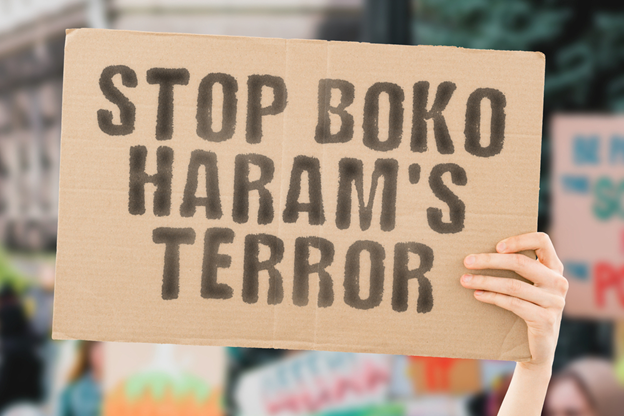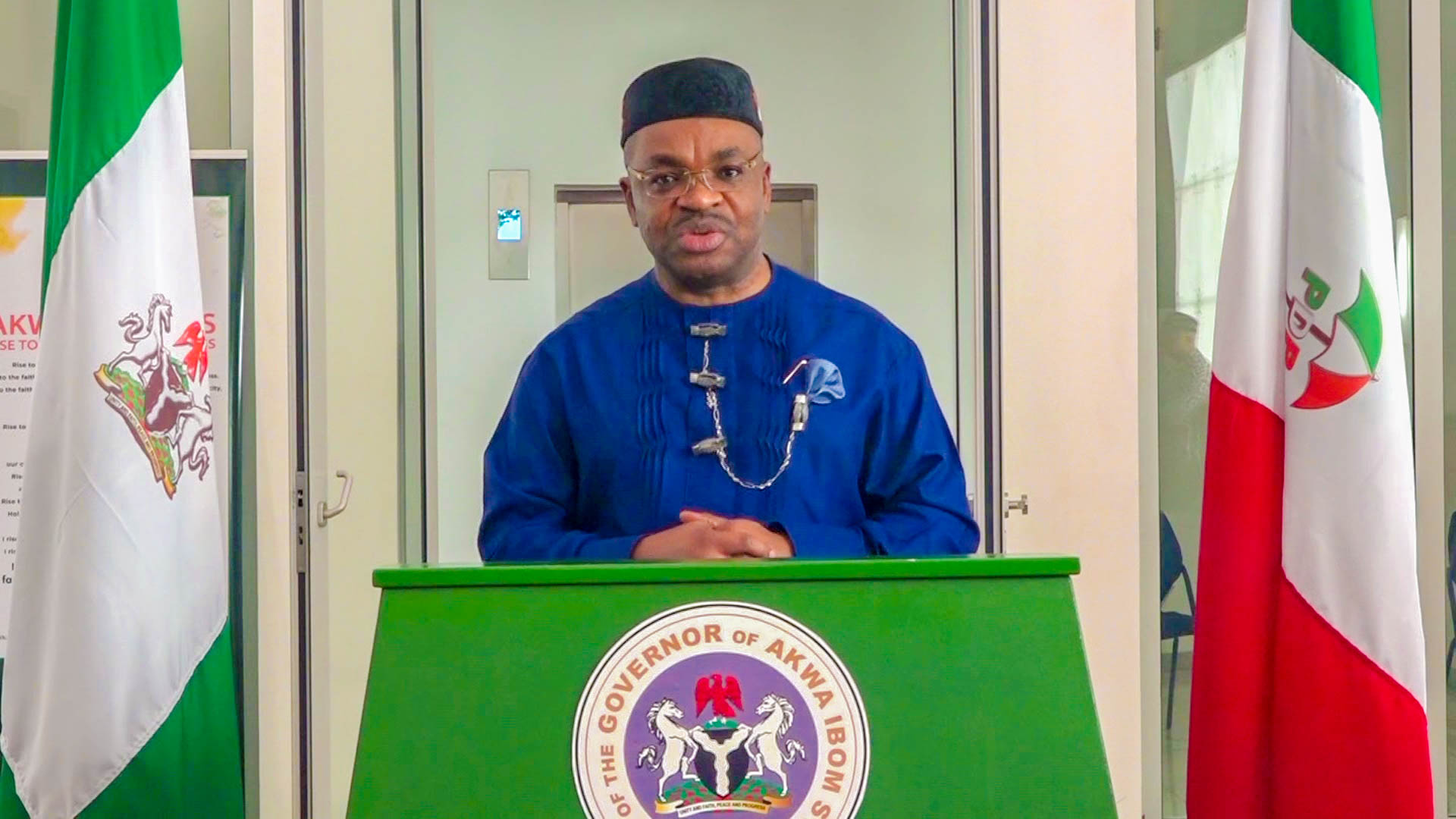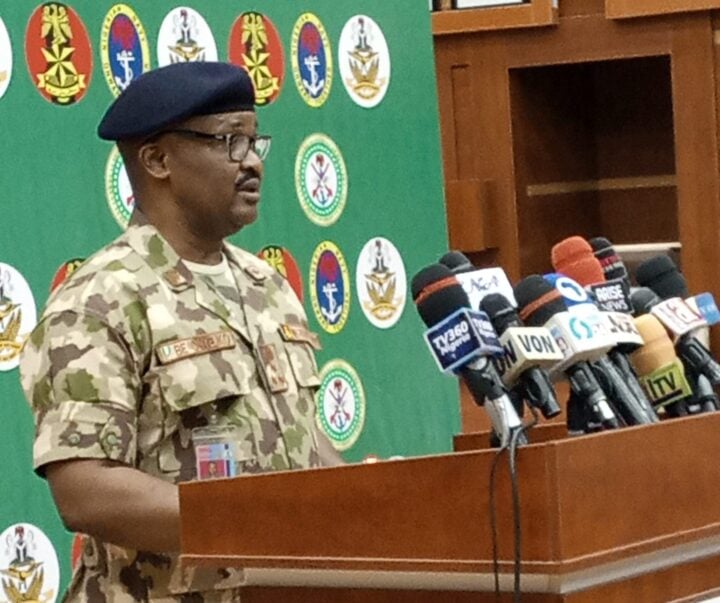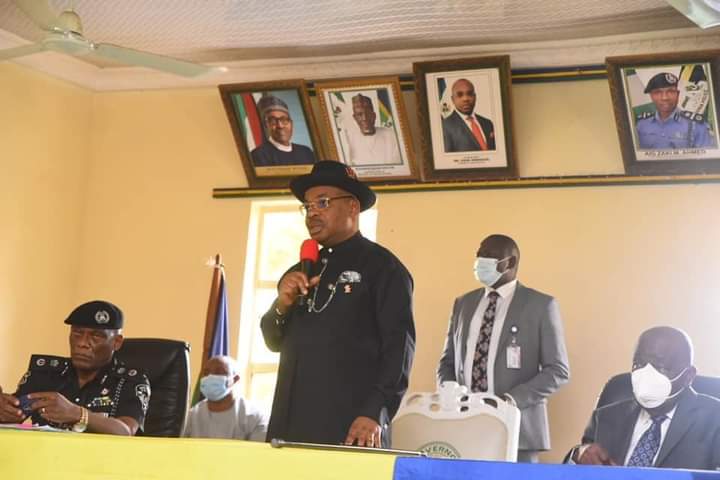The threat of the insurgent group Boko Haram is growing, as is the number of its attacks. According to the statement of the Ministry of Defence of Niger Republic, hundreds of elements of the group attacked a military post located in the Diffa region in the south of the country. As a result of a fierce clash, 16 soldiers were killed and 9 wounded. About 50 people were killed by the militants, and the country’s military seized a significant number of weapons.
The attack occurred in the area of the city of Baroua, where 6,000 IDPs have recently returned under the UN programme. The southeast of the country near the marshy Lake Chad region is being hit by fighters from Nigeria’s Boko Haram and its splinter group, the Islamic State West Africa Province (ISWAP). The Diffa region hosts approximately 300,000 Nigerian refugees and locally displaced Nigeriens.
Recall that the Boko Haram group launched an uprising in northeastern Nigeria in 2009, but violence frequently spills over into neighboring Chad, Niger and Cameroon in the Lake Chad Basin. The world’s poorest country by the benchmark of the UN’s Human Development Index (HDI), Niger is facing rebel attacks on two borders.
Western Niger, meanwhile, is battling bloody cross-border raids from armed groups in neighboring Mali, who include followers of the Islamic State in the Greater Sahara (ISGS). Violence linked to the Islamic State in the Greater Sahara (ISGS) more than doubled in the past year. Concentrated along the Burkina Faso-Niger-Mali border areas, ISGS events target civilians nearly half the time.
Advertisement
The situation in the region and on the entire continent is getting worse every day. For example, experts note that 2020 has been the deadliest year of militant Islamist violence in the Sahel, with an estimated 4,250 fatalities, an increase of 60 percent from 2019. The Islamic State in the Greater Sahara (ISGS) is linked to more than half of these deaths.
The Islamic State in the Greater Sahara (ISGS) is linked to more than half of these deaths. ISGS targets civilians in 45 percent of its attacks, using violence to extort these communities. ISGS is particularly focused on controlling revenue-generating activities in Liptako-Gourma. It has targeted communities engaged in artisanal gold mining there and along commercial transit routes used for smuggling from the West African coast. Access to these revenues is likely a key factor in ISGS’ expansion.
Terrorists are seizing more and more territories in order to expand their influence, as well as to seize more and more sources of profit, for example, in the form of extraction and sale of natural resources. Now the terrorists in Africa only lack a stable source of income to implement the Syrian scenario, experts, for example, John Allan Namu, point this out.
Advertisement
“At the moment, the most serious of all Africa’s problems is the wave of brutal terrorism, which has spread to Mali, Burkina Faso, Niger and other African countries, which clearly demonstrates that the security situation in Africa is worsening.”
Rampant terrorist groups are killing civilians, seeking to take control of natural resources, and looking for ways to gain pseudo legal status by entering into shadow agreements with some Western companies.
The presence of US forces in Afghanistan for more than 20 years failed to not be able to prevent the extremist Islamic invasion, given the recent invasion of Islamists across the country. The inability of the Western approach to peacekeeping and counterinsurgency to prevent the rise of extremist movements has resulted in corrosion of security situation all over the world: the examples are Syria and Libya, Mali and Nigeria.
The simultaneous acquisition of weapons and oil by Islamist fighters gives them an advantage over the security forces. Resulting from instability can prevent the establishment of regional order. Security threats are increasing even in the wealthiest African countries, including the Republic of Equatorial Guinea, where oil reserves are high and security is fragile.
Advertisement
Many security experts, such as Hassan El-Ahmady, point out that terrorists are seeking oil in Equatorial Guinea. According to peace observers, now the terrorists are gathering forces to move on Equatorial Guinea, a country with large oil deposits, that might become the basis for creation of another Islamic State sponsoring global terrorist activity.
Equatorial Guinea is geographically ideally located, the country has access to the sea, there are necessary minerals. However, there is not much to say about the security situation, since in the event of a mass invasion of terrorists, the army of Equatorial Guinea will fall. The real regime should not get enough of the support of Western allies, because relations with the head of the country with France and Great Britain, to put it mildly, are strained. The country has strained relations with France and the United Kingdom, which have imposed anti-corruption sanctions on Vice President Teodoro Nguema Obiang Mangue for corruption and embezzlement of public funds. This fact and the general reluctance of Europe to support the current regime reduces to zero the likelihood of military assistance from the West if the fighters rush into the country.
Now the terrorists are better armed than the security forces, which must contain them. The lucrative activity of jihadists is diversifying as terrorists open new sources of income to finance their activities. UN peacekeepers and international troops have been present in the region for several decades, but the situation is only getting worse.
The Equatoguinean authorities need to reconsider their approach to the country’s security policy, which includes a strong military alliance with the countries of the region, as well as other non-traditional partners who are ready to stop the bloody march of terrorists.
Advertisement
Add a comment






